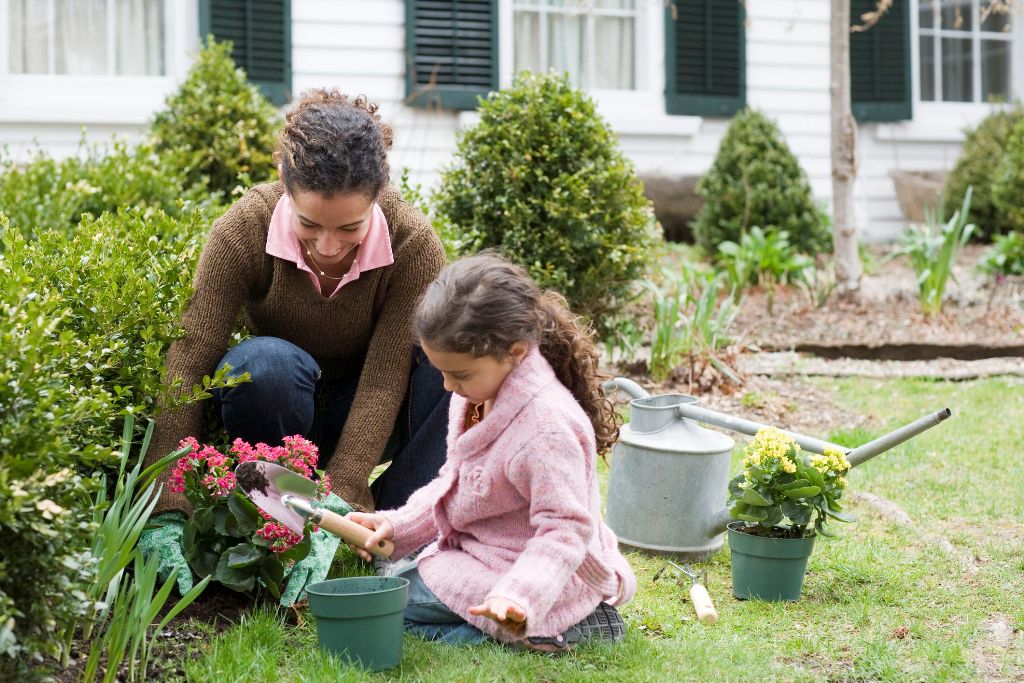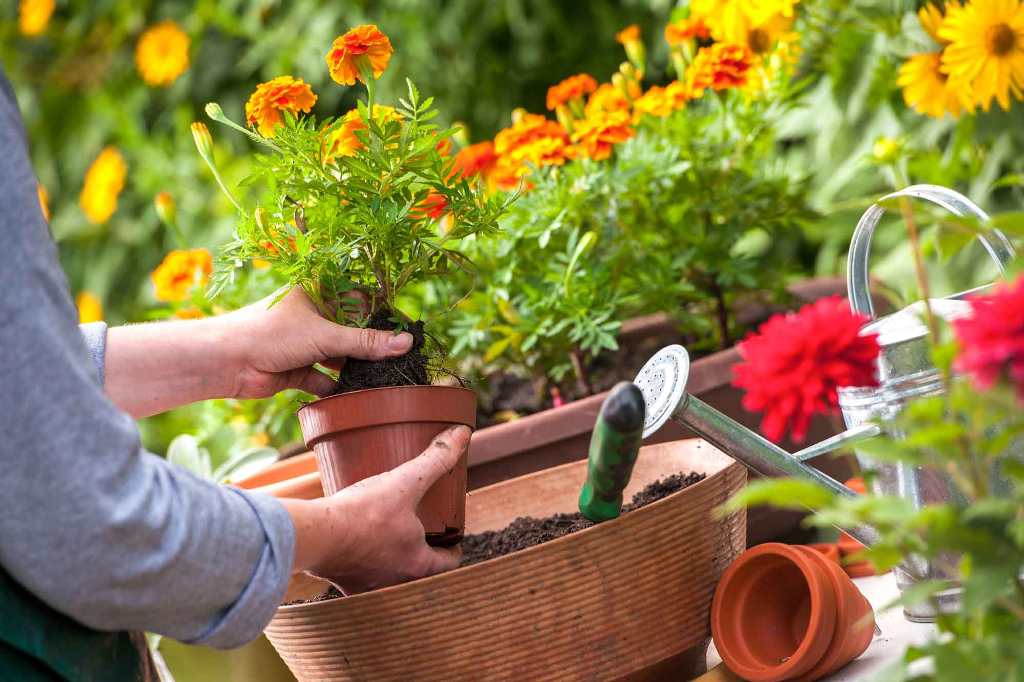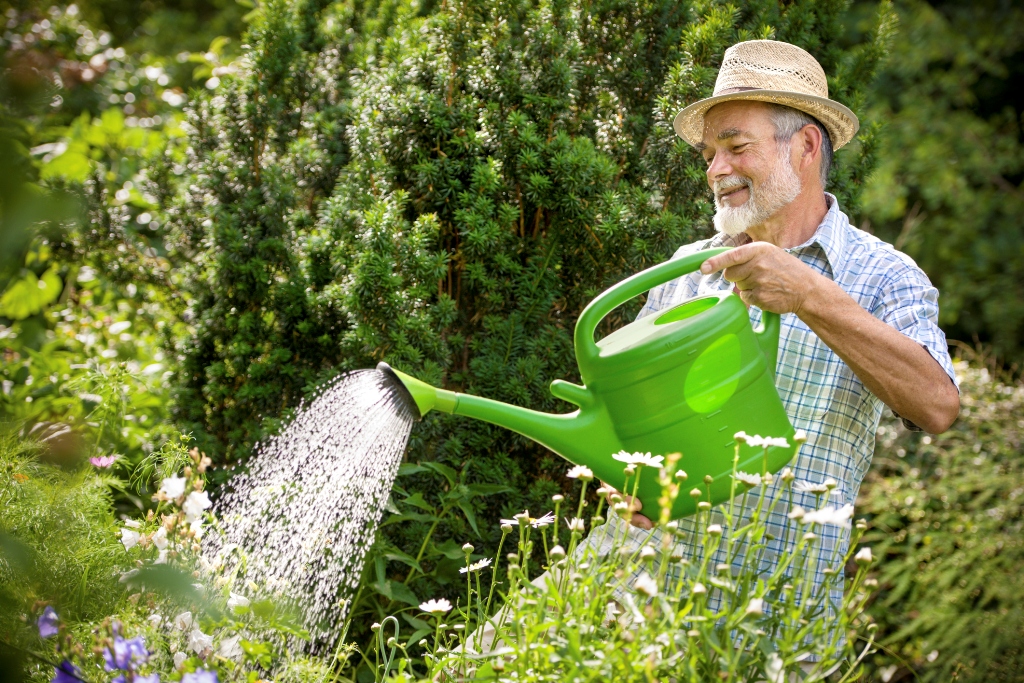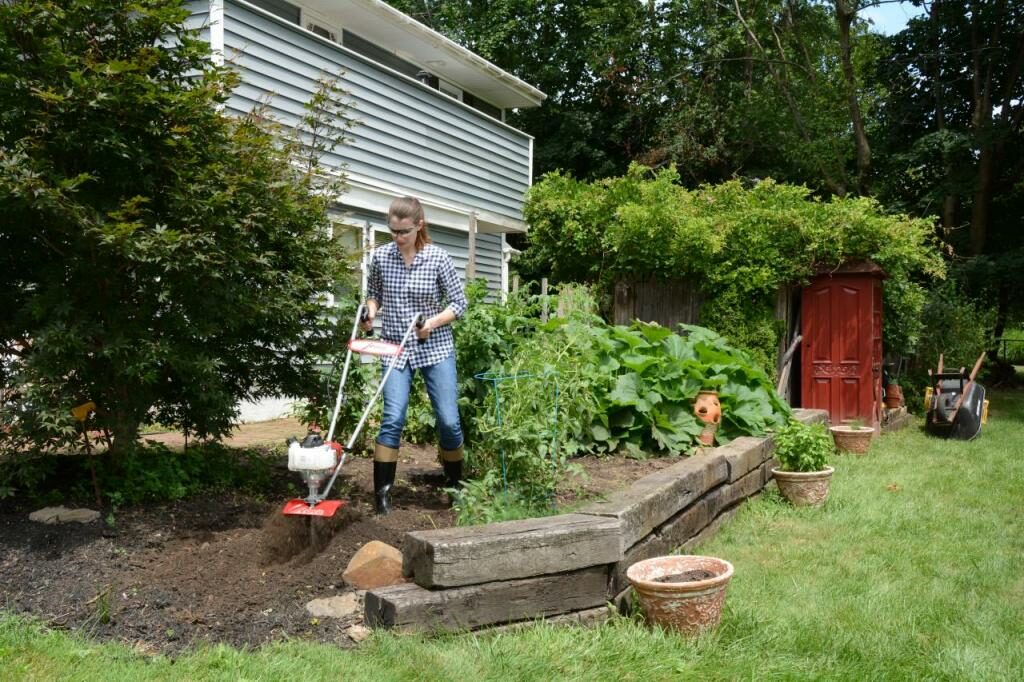Is your garden looking dull and wilted? Not only is a withering garden sad to look at, but it’s also such a waste of precious real estate. Even a patch of greenery in this concrete world is such a respite. If you’re lucky enough to have a garden, take every measure to make the most of it!
Just like most things, gardens need some TLC to grow and flourish. With this post, we will help you understand what you’re doing wrong and tips for a thriving garden. Let’s begin.
Plant at the right time
To start with the basics, different plants grow in different seasons. Flowers like Begonia, Geranium and Petunia and vegetables like Sweet Potatoes, Peas and Green Beans are suitable for warm seasons. On the other hand, crops like Onions, Cabbage and Broccoli and flowers such as Marigold and Pansies require colder weather.

Get quality seeds and plants
Ensure all your hard work doesn’t go to waste by introducing quality seeds and plants to your garden. Planting a virus or bacteria-laden plant will fail to grow and further cause damage to other crops.
Inspecting the roots is a great way to determine the health of a plant. Dark or mushy roots are signs of a diseased plant.
Make use of compost
The compostable waste generated in your household is gold for your garden. Put your food waste and other compostable waste to good use. Compost enriches the soil with nutrients and retains moisture. It also plays a key role in suppressing pests and plant diseases.
Examine tree health
Trees are crucial for stabilizing the soil and providing the much-needed shade for sensitive plants during the summer. If your garden trees have seen better days, you should consult an expert for tree surgery in Amersham. A tree surgeon can help you by identifying weak trees and perform required maintenance.
Check for pests
Pests cause more than just superficial damage. If overlooked, pest infestation can quickly spread and damage your entire garden. So always be on the lookout for harmful bugs and insects.
Keep it clean

Routinely clean fallen leaves and dried leaves from your garden. You might be thinking, they’re biodegradable so what’s the point? It’s necessary because diseases can breed on dead leaves and plants. Instead, you can gather it all and put it in a compost pit.
Also, keep an eye out for weeds and timely remove them.
Fertilizer and pesticides
It gets a little complicated when it comes to fertilizers and pesticides. It would be a big mistake to feed fertilizers based on guesswork. To find the right kind and amount of fertilizers, get your soil tested by a soil testing agency. This will help you discover what nutrients your soil is lacking and accordingly use suitable fertilizers.
Regular and timely pruning
Pruning basically involves cutting off damaged tissues. It’s essential to regularly and timely prune your shrubs and trees to promote growth and deter diseases.
Water adequately
Make sure that you’re watering adequately and properly. Remember, overwatering is just as harmful as underwatering. Aim to maintain a sufficient moisture level. Drip irrigation is an efficient and conservative way to water plants.

Ample spacing
Plant seeds and plants with ample spacing in between. Overcrowding leads to poor growth as none of the plants will get enough nutrients, water and light. If you have limited space, you can consider planting climbers such as Cucumbers, Pole Beans, Squashes, Hops, Tomatoes and Peas.
We hope our tips were helpful. Gardening is an activity enjoyed by many for its therapeutic effects. It’s work and patience, but the results are so worth it!






